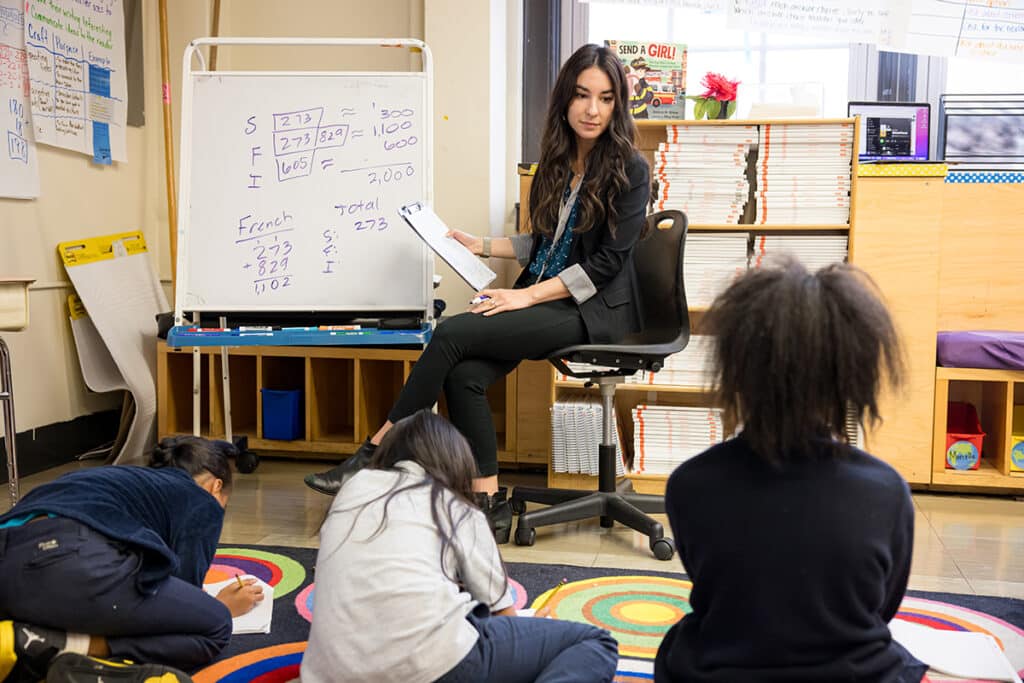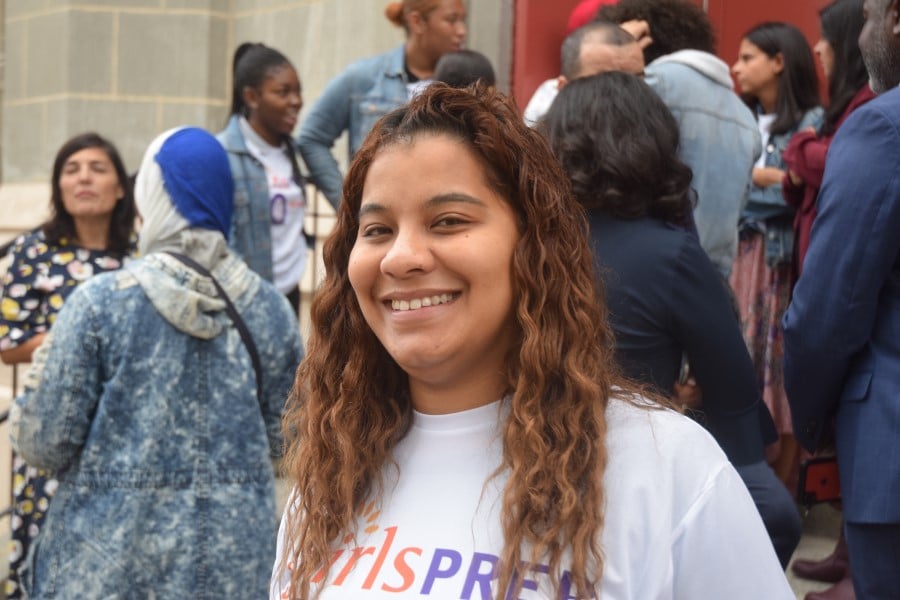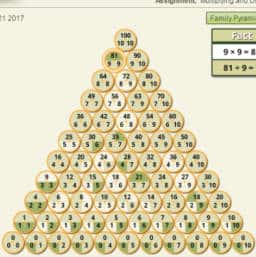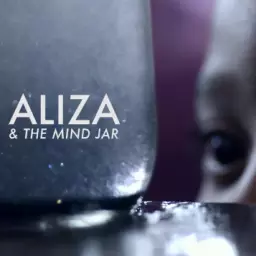Eldrid Sequeira is the Director of Mathematics Instruction at Public Prep Network. He joined Public Prep in 2017 and is responsible for the overall math instructional strategy and management for all Public Prep Academies.
Public Prep had its first ever cross content area PBL unit this December. Project-Based Learning or PBL is not new in education. There has been a spike in it in the past few years as educators seek to give students opportunities that are more in line with what they are likely to need in their careers. Half the respondents of a 2013 survey (The Employment Mismatch – Karin Fischer,Chronicle of Higher Education, Mar 2013) of over 700 business leaders reported that many job applicants who were technically proficient lacked the communication, decision-making, and problem-solving skills necessary to do the jobs they applied for. Far too many college graduates touted high grades and test scores, but lacked key skills to be successful in the workplace (Boosting Engagement through PBL – Youki Terada, Edutopia, Jun 2018). Public Prep is tackling this head on by aligning content calendars for Math, ELA and Science to create an amorphous period for two weeks to immerse students into PBL.

The curriculum for the PBL Unit was limited to a prescribed structure and non-negotiables in student experiences, but the content itself was left wide open to give teachers autonomy. Every project was required to have a driving question rooted in a real-life phenomenon (What is the impact of vehicle speeds on car crashes – Grade 4 at GPLESE? or How can local economies in Florida plan around hurricanes? – MS at GPBXM). Research in the field has consistently indicated that the driving question is the core of PBL that provides continuity and coherence to the full range of project activities (Project-Based Learning: A Literature Review – Barbara Condliffe, MDRC, Oct 2017).
The PPN Network STEM team, who drove the initiative, emphasized the need to create experiences that were immersive, iterative, and that afforded exposure to multiple media. Some teachers created their own PBL unit, others used the sample units created by the network, while still others chose a blend of approaches. We saw teams of math, science, art, music, and literacy teachers form organically, and brainstorm and collaborate together to create wonderful PBL experiences for our students.
The children look on anxiously as the vehicle approaches the wall. It hits the wall and the egg falls out, hurtling towards the floor. One girl screams in horror! Then, they quickly rush to pick it up, tinker with their contraption, and ask Ms. Champagne if they can have another go.

This resulted in students being engaged and immersed in investigating highly targeted real-life phenomena by working collaboratively in groups to explore, study, analyze and report on them. Students in one kindergarten class learned about the weather and data collection, and presented their findings in the form of a live weather newscast video. Fifth grade students at GPBXE studied the costs to travel to different cities and neighboring towns across the country, compared them, and explained their findings through postcards to the respective towns and to parents. The fourth grade students in Ms. Champagne’s class studied accident data from USDOT, designed safety features for their miniature model vehicles, and tested them with egg-crash challenges in front of a live audience.
Numerous other projects dotted Public Prep classrooms all of December. Students’ learning was focused on them honing their innate skills to investigate, to collaborate, analyze and to make presentations, with some opportunities to apply common core math, science, literacy, and artistic skills as well. Students went home and spoke to their parents about how they were excited to come back to school the next day to work on their projects. It was unconventional but in the end a great deal of learning occurred for our scholars, the kind that lights a spark. The next PBL unit is in spring and it will be exciting to see how students and teachers keep that spark lit.



